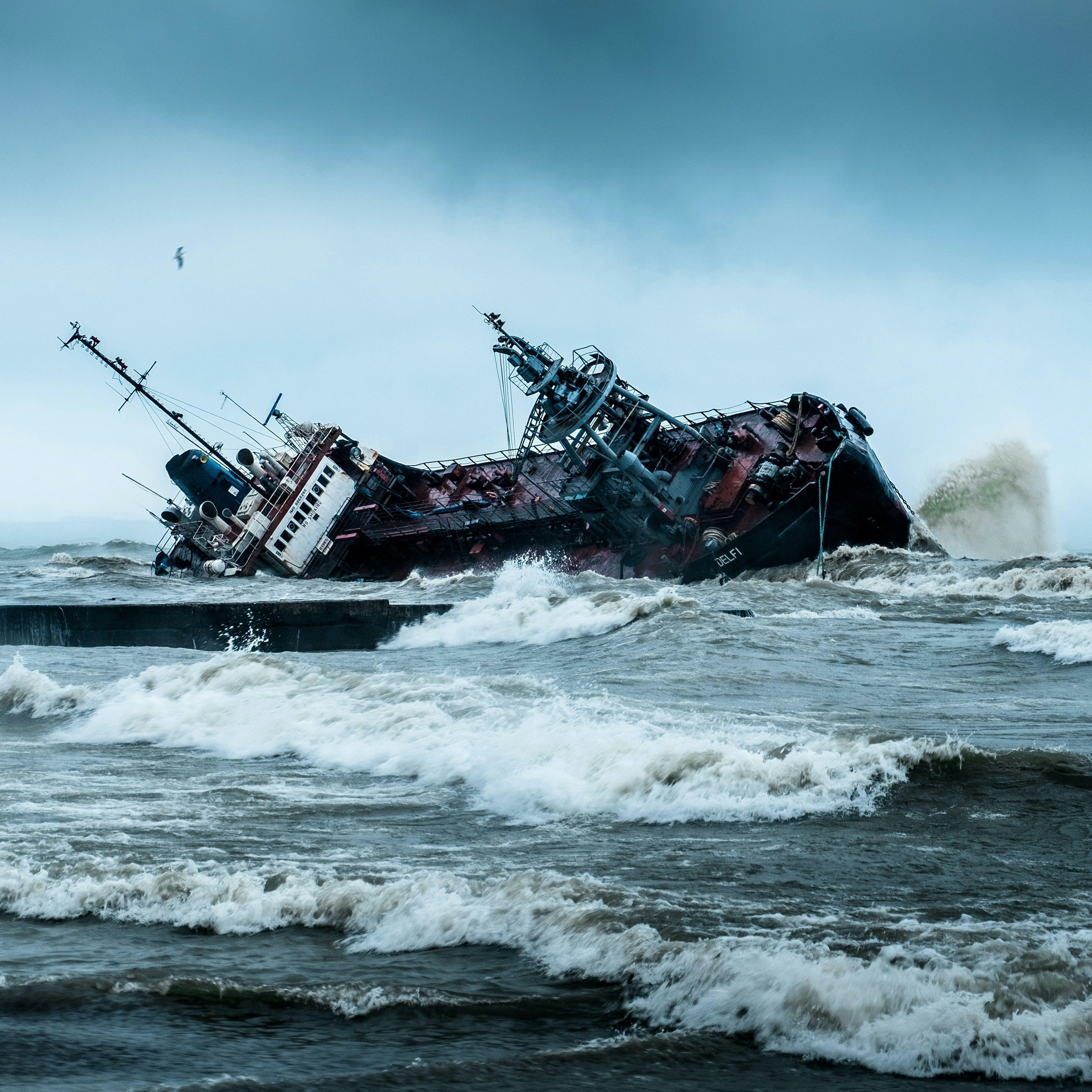When hurricane season approaches, preparation is key. However, it is not just about stocking up on supplies or creating emergency plans. There are significant legal considerations that businesses and individuals must take into account to ensure they are adequately protected before and after a hurricane strikes. This blog post delves into some critical legal aspects that should be addressed in hurricane preparedness and recovery.
Insurance Coverage: A First Line of Defense
Understanding your insurance coverage is one of the most crucial steps in hurricane preparedness. Ensure that your policy covers hurricane-related damages, such as flooding, wind damage, and business interruption. It is advisable to review your policy annually, especially before the hurricane season begins.
Flood Insurance
Standard homeowners’ and business insurance policies typically do not cover flood damage. It’s imperative to secure separate flood insurance if you are in a high-risk area. For accurate information, visit the FEMA website.
Business Interruption Insurance
Business interruption insurance compensates for lost income if your business operations are halted due to a hurricane. This type of coverage can make the difference between a temporary setback and a catastrophic loss.
Contractual Obligations and Force Majeure
Force majeure clauses in contracts can relieve parties from their obligations due to extraordinary events like hurricanes. If you are a business owner, ensure that your contracts have clear force majeure provisions.
Key Elements of Force Majeure Clauses
- Specificity: Clearly outline what constitutes a force majeure event.
- Notification: Define how and when parties should notify each other of a force majeure event.
- Mitigation: Require efforts to minimize damages and disruptions.
Employee Safety and Legal Compliance
Employers have a legal obligation to ensure the safety of their employees. In the context of hurricanes, this means implementing and communicating effective emergency plans. Compliance with the Occupational Safety and Health Administration (OSHA) guidelines is essential.
Emergency Plans
Emergency response plans should cover evacuation routes, communication protocols, and roles and responsibilities. For more details, refer to OSHA’s Emergency Action Plans.
Remote Work Policies
Establish remote work policies to allow employees to work from safer locations. Ensure that these policies comply with labor laws and regulations.
Landlord and Tenant Responsibilities
Both landlords and tenants have specific responsibilities in preparing for and recovering from hurricanes. Lease agreements should clearly state the obligations of each party concerning property maintenance and repairs.
Landlord Responsibilities
Landlords are generally responsible for maintaining the structural integrity of the property. Ensure that roofs, windows, and other critical structures are fortified against hurricane damage.
Tenant Responsibilities
Tenants should take measures to protect their possessions and comply with the property’s hurricane preparedness plans. They should also obtain renters’ insurance to cover personal belongings.
Community Involvement and Legal Compliance
Compliance with local laws and regulations is vital for effective hurricane preparedness and recovery. Engage with community efforts and local government guidelines to stay informed about evacuation orders, curfews, and emergency services.
Building Codes
Ensure that your property meets local building codes designed to withstand hurricane-force winds. Refer to the Florida Division of Emergency Management for specific regulations.
Environmental Regulations
Adhere to environmental regulations concerning debris disposal and water contamination. Improper handling of debris can lead to legal penalties and environmental harm.
Legal Aid and Resources
In the aftermath of a hurricane, legal issues can arise concerning insurance claims, contract disputes, and property damage. Seek legal aid and resources to navigate these complexities. Several organizations offer pro bono services to assist with hurricane-related legal issues.
Legal Aid Organizations
Contact local legal aid organizations for assistance. The Florida Legal Services provides resources and support for individuals and businesses affected by hurricanes.
Conclusion
Addressing the legal considerations for hurricane preparedness and recovery can significantly impact your ability to bounce back after a storm. By understanding your insurance coverage, including force majeure clauses in contracts, ensuring employee safety, and complying with local regulations, you can mitigate potential legal pitfalls. Stay informed, prepared, and proactive to protect yourself, your family, and your business during hurricane season.
For more information and resources on hurricane preparedness and training, visit our blog or contact us directly. We offer a variety of training courses, including Core Safety Training and Emergency Equipment Safety, to help you stay prepared and informed.

